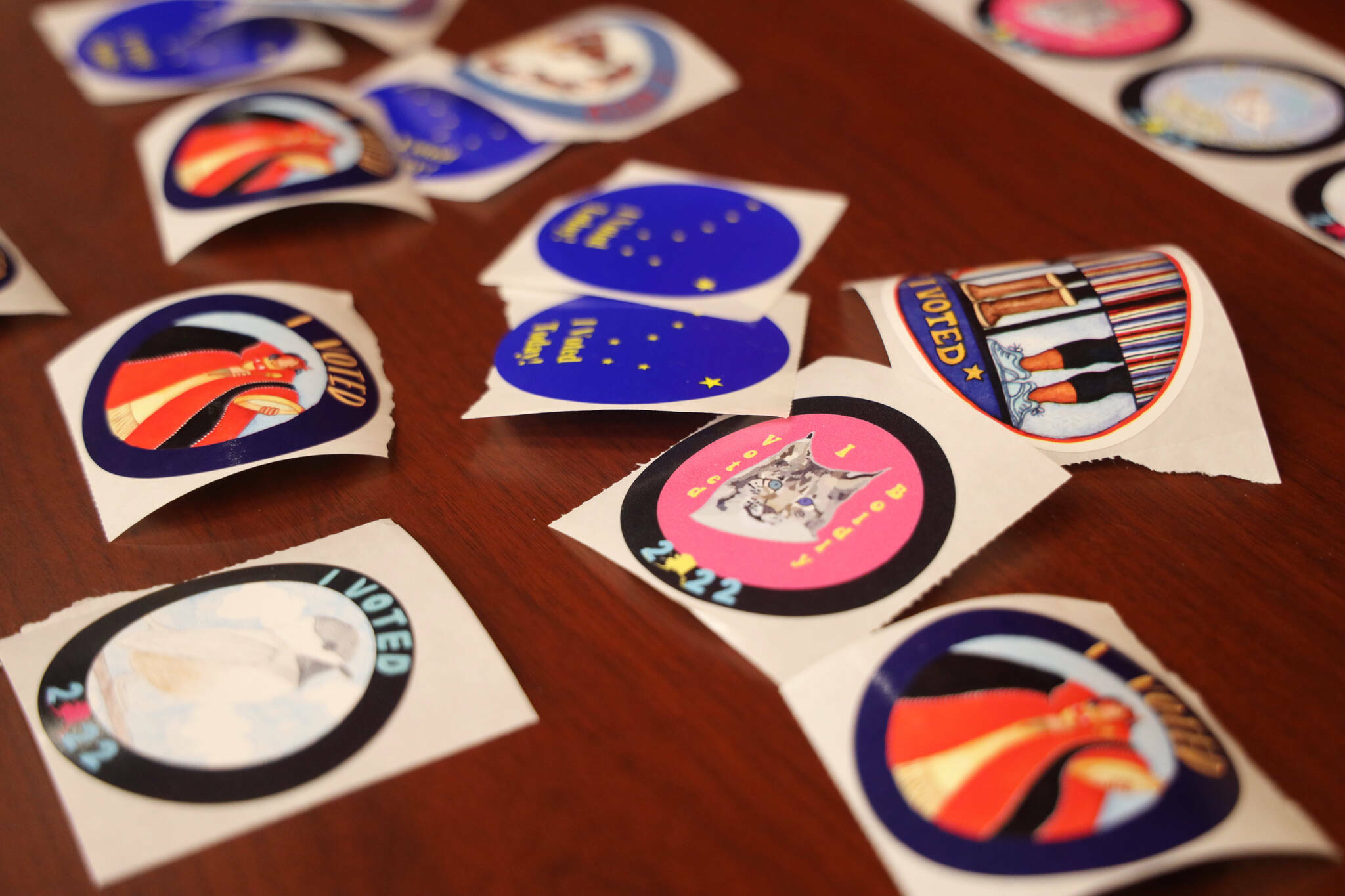We are rapidly approaching a national election which on its surface is a choice between Kamala Harris and Donald Trump for the office of president of the United States. But there are all sorts of unspoken underpinnings and a wider and more interesting historical context here. Be sure that this tension and conflict between liberalism and conservatism is not new: it has been ongoing for more than two and a half centuries.
A good entry point into these concepts is to consider the Confederate monuments and statues we’ve heard about so much in recent years. But my purpose is to get you thinking about them in the wider context of world political currents over a span of centuries.
Those memorials were not established after the Civil War or after the end of Reconstruction, in the 1870s and 1880s. They were erected many decades later in the years following World War I, mostly in the 1920s. This was a period during the rise of global fascism. A time when the Japanese form of government was changing from an emperor-led parliamentary system with open elections to a military-ruled fascist system. A time when Mussolini was ruling Italy as its fascist dictator. A time when the Nazi Party and Hitler in Germany were destroying the Weimar Republic and replacing it with a single-party Nazi fascist dictatorship.
The establishment of those Confederate monuments, statues, and memorials was simply a part of the expression in America of that same fascist ideal, pursued by the active and vital fascist and Nazi movement in America. That movement was nostalgic for the South’s single-party rule, its economic system controlled by a landed aristocracy (similar to England’s), and its economy in which wealth was created by the slave labor of people regarded as less than human (in the 20th century Hitler’s Nazis would use the label “Untermenchen,” meaning “sub-human”). This American movement was led by prominent American Fascists and Nazis like Charles Lindbergh, Henry Ford, Elizabeth Dilling, Allen Zoll and many others.
While FDR and the liberals defeated fascism beyond America’s shores, the American fascist and Nazi movement has always remained active and vital domestically. Conservatives (known as Tories then) opposed the establishment of the independent country of America (with its wildly liberal concepts like democratic government; rulers who rule by the consent of the ruled; and liberties, rights, and freedoms that apply to individual people). The Conservatives wanted to continue to live under the thumb of totalitarian monarchism and the British aristocracy, in which people are subjects, not individuals with rights and freedoms. And while the Liberals won in the 1770s and 1780s the fascist movement’s hatred of American democracy and freedoms grew.
There is a concept called “The 80-Year Rule.” Briefly: in the 1770s and 1780s liberalism won a dramatic (and rather unlikely) victory over conservatism in the establishment for the first time ever of a free country under wide democratic rule. Eighty years later — in the 1850s and 1860s — liberalism won another great victory for freedom over conservatism with the destruction of slavery and the defeat of a well-planned and determined attempt to destroy America. Eighty years later — in the 1930s and 1940s — liberalism won another great victory over conservatism’s global fascism and Nazism (a fight led by the original “Antifas”: the Allied service men and women who — literally — fought the fascists in the Pacific, on Normandy’s beaches, and in a thousand other places).
Do I need to point out that 80 years after the 1930s and 1940s works out to the 2010s and 2020s? And America’s fascist movement is still at it, most prominently with its Project 2025 plan to compromise America’s democracy and its system of individual freedoms.
Yes, this election is about a great deal more than just Kamala Harris and Donald Trump. And you, like it or not, are immersed in a wide and deeply flowing river of history.
• Donald R. Douglas has been a Juneau resident since 1992 and a resident of Alaska since the 1970s. He has always been registered as a nonpartisan voter.

